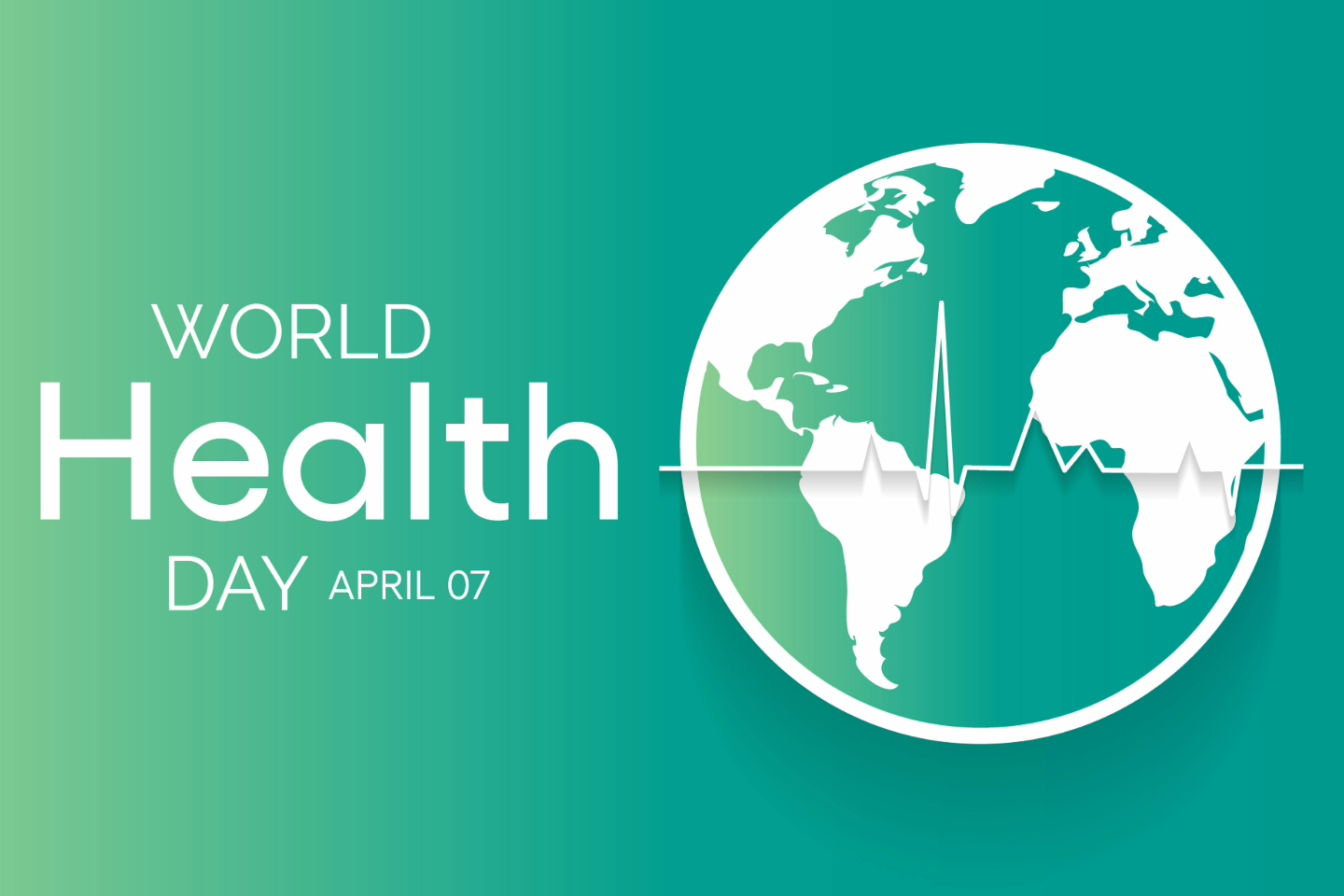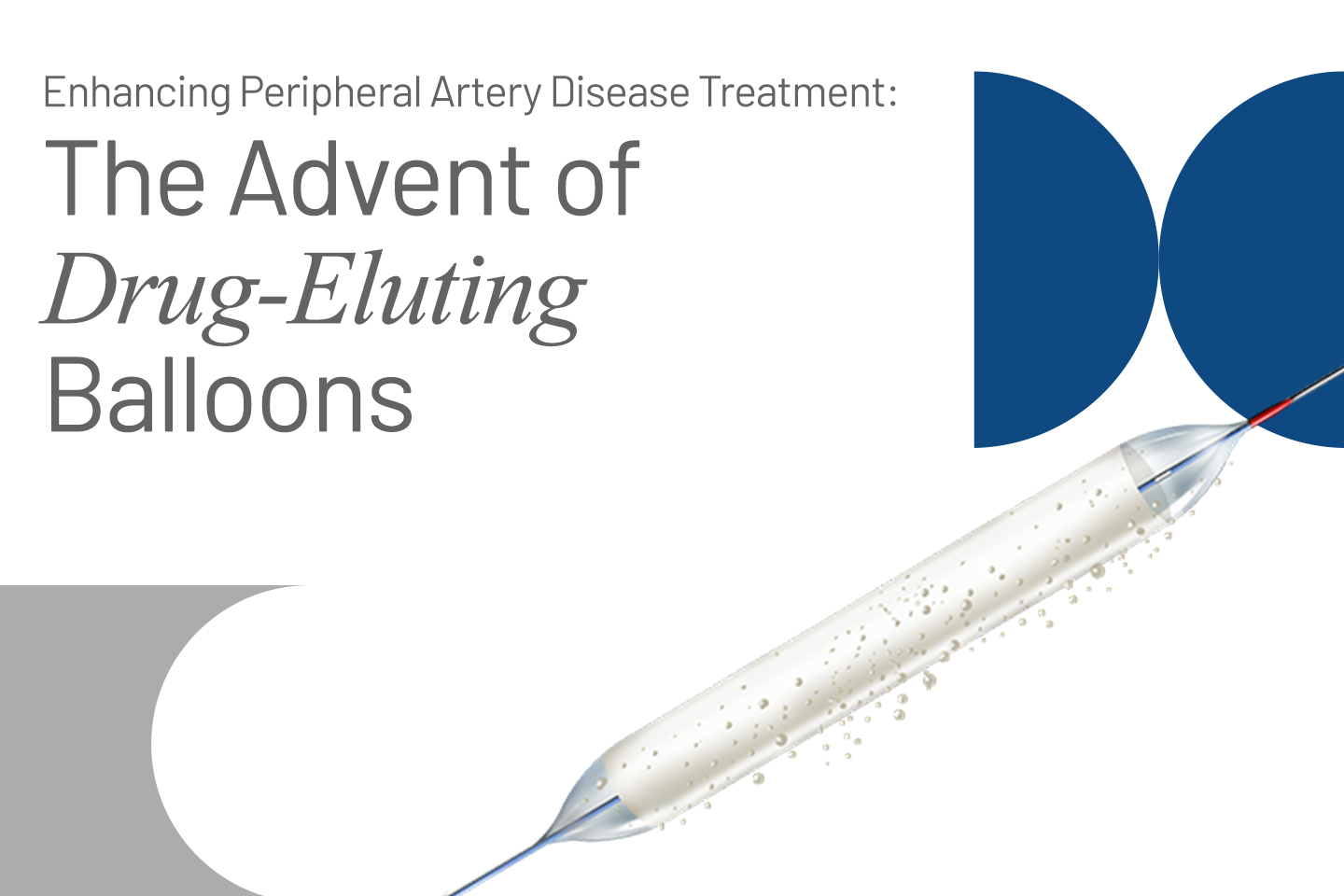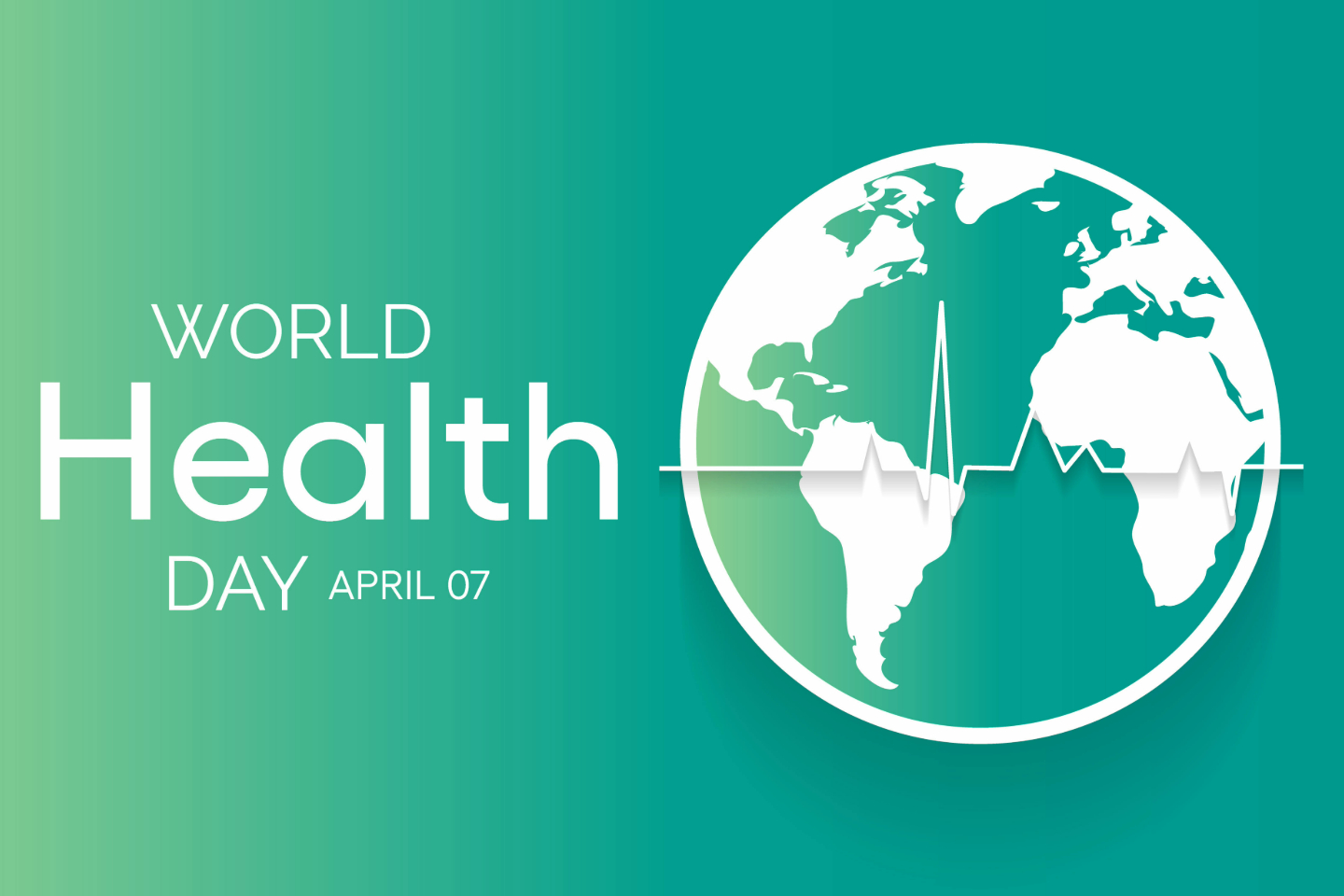Medical Devices
Essential Steps for Cardiovascular Wellness for Better Heart Health in 2025

The heart is one of the most important organs in the human body because it pumps blood to all the vital organs, giving them oxygen. As we move into 2025, it's a great time to prioritize heart health and take proactive steps to ensure cardiovascular wellness. A healthy heart is the root of a long, energetic life, and by integrating a few lifestyle changes, you can considerably decrease the risk of heart disease. Let's take a look at some simple yet effective steps to keep your heart healthy.
Step 1: Prioritize Heart-Healthy Nutrition
What you consume, directly impacts your heart health. A balanced, nutritious diet can keep your heart strong and prevent many heart-related issues. Concentrate on eating plenty of fruits, vegetables, whole grains, and lean proteins like legumes and fish. Incorporating healthy fats, such as those found in olive oil, nuts, and avocados, can also help lower bad cholesterol levels.
Avert or reduce the consumption of sugary drinks, processed foods, and foods high in unhealthy fats and salt. Eating smaller portions, especially high-calorie foods, can also help in the long run. Moderation is vital when it comes to indulging in your favourite treats!
Step 2: Stay Physically Active
Regular physical activity is significant for preserving cardiovascular health. You don't need to be a gym enthusiast to reap the benefits of exercise. Simple activities like walking, cycling, swimming, or even yoga can help lower your threat of heart disease. Aim for at least 30 minutes of moderate-intensity activity most days of the week.
Exercise helps boost blood circulation, lowers blood pressure, and strengthens the heart. It also helps with managing weight and can improve your mood, which is equally vital for overall heart health.[1]
Step 3: Monitor and Manage Blood Pressure and Cholesterol Levels
High blood pressure and high cholesterol are two of the main risk factors for heart disease. Regularly checking your blood pressure and cholesterol levels can help you catch any problems early on. If you notice any changes or if your readings are high, it's important to consult a healthcare professional for guidance.
Managing blood pressure and cholesterol levels often involves making lifestyle changes such as making your diet better, staying active, and, if needed, taking prescribed medications. Keeping these levels in check can significantly decrease your risk of heart disease or suffering from a heart attack.
Step 4: Maintain a Healthy Weight
When you're overweight or obese, it puts additional strain on your heart. Maintaining a healthy weight is one of the most important steps you can take toward preventing heart disease. A healthy weight can help lower blood pressure, cholesterol levels, and the risk of diabetes, all of which contribute to heart health.
Concentrate on making small, sustainable changes to your diet and physical activity level. Instead of going on a restrictive diet, aim for a balanced approach by eating mindfully and staying active. Even losing a small amount of weight can have a big impact on your heart health.
Step 5: Manage Stress and Prioritize Mental Health
We all experience stress, but when it's not managed, it can take a toll on your heart. Extreme stress can result in high blood pressure, poor sleep, and unhealthy habits such as overeating or smoking. It's important to find ways to manage stress, whether through relaxation techniques such as meditation, deep breathing, or simply taking time to unwind and enjoy hobbies.
Prioritizing mental health is equally important. Conditions such as anxiety or depression can negatively affect your heart. If you're feeling overwhelmed, talking to someone you trust or seeking professional help can make a big difference in both your emotional and physical health.
Step 6: Quit Smoking and Limit Alcohol Consumption [2]
Smoking is one of the leading causes of heart disease, as it damages blood vessels and raises the risk of high blood pressure and cholesterol levels. If you smoke, quitting is one of the best things you can do for your heart. The advantages of quitting smoking are immediate, with improvements in blood pressure and circulation happening right away.
Limiting alcohol consumption is also important for cardiovascular health. Drinking too much alcohol can lead to high blood pressure, weight gain, and heart rhythm problems. Stick to the recommended guidelines for alcohol consumption and consider reducing your intake for the sake of your heart.
Step 7: Regular Health Check-Ups and Screenings
Preventive health check-ups are essential for maintaining cardiovascular wellness. Regular screenings for blood pressure, cholesterol levels, and other heart health indicators can help detect potential problems early. The earlier you identify an issue, the easier it is to manage and treat it.
Many heart-related conditions don't show obvious symptoms, so routine health check-ups are an important part of taking care of your heart. Make sure to stay up to date with these check-ups as part of your heart health routine.
Step 8: Medication Adherence (if prescribed)
If you've been prescribed medication to manage your blood pressure, cholesterol, or any heart-related condition, it's important to take it as directed. Medication, when combined with a healthy lifestyle, can help reduce your risk of heart disease. Never skip doses or change your medication regimen without consulting a healthcare provider.
Be sure to follow your doctor's instructions and stay consistent with your treatment plan. This is a key aspect of long-term cardiovascular wellness.
The Role of Support Systems in Cardiovascular Wellness
When it comes to maintaining heart health, having a solid support network is really great. Having people who are supportive and encourage you to stick to your health objectives, whether it be family, friends, or a particularly supportive group, can make all the difference. They may emotionally support you when you need it, help you keep up with your fitness program, and promote healthy diets for you.
Medical specialists are also essential to your cardiovascular wellness journey. They can help you make wise choices, give you guidance, and keep tabs on the progress of your health.
Conclusion
Taking care of your heart in 2025 is all about making small but impactful changes to your daily habits. Eat a heart-healthy diet, stay active, manage stress, and see the doctor frequently. Those are the best ways to keep your heart healthy and strong for many years. Get on the healthy heart path today! And remember: every little effort toward a healthy lifestyle means a step closer to a better tomorrow.
References:





